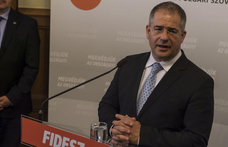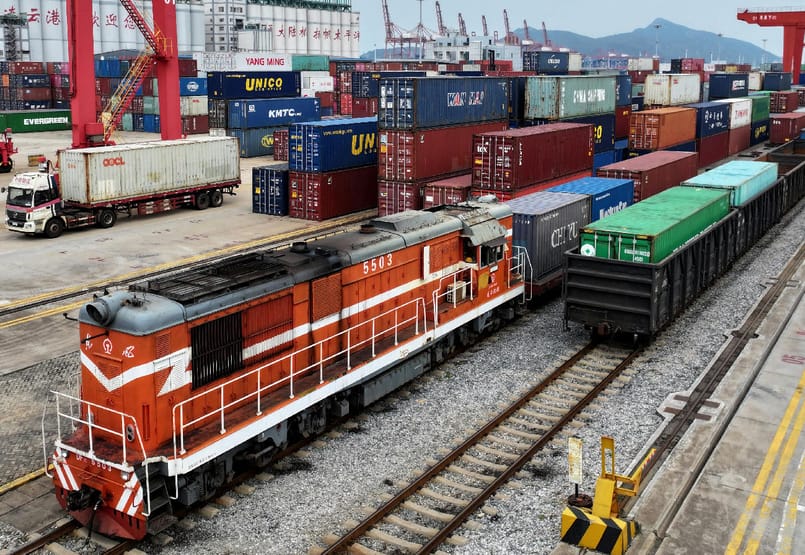Gov’t Winds Up Privatization
In 2004 and 2005 Hungary’s State Privatization and Asset Management Rt. (ÁPV) will collect HUF 700 billion in revenues for the state. Following that, the privatization agency will cease operation.
By the end of November, the central budget has received HUF 100 billion out of the planned HUF 400 billion revenues the ÁPV is expected to generate from asset sales and dividends this year. The planned HUF 400 billion revenue makes 2004 the second most lucrative year in Hungarian privatizations, following 1995 when the state collected HUF 481 billion, helped mostly by the sale of energy companies.
In 2004, the ÁPV’s incomes from dividends of fully or partly state-owned companies account for HUF 43 billion, twice the amount collected from this source in 2003. Extraordinary dividends were paid by the strongest state-owned companies, including national gambling company Szerencsejáték Rt., electricity wholesaler Hungarian Electricity Works Rt. (MVM), airport operator Budapest Airport Rt. and postal company Magyar Posta Rt.
Revenues from dividends help finance the central budget deficit, according to the new EU-conform methodology the Finance Ministry now applies. However, sales of state assets are one-off revenues and cannot be used to reduce budget deficit, according to EU rules.
Privatization revenues in 2004 were mostly generated by two large deals. The ÁPV collected HUF 160 billion earlier this year from selling bonds that will be converted into shares of Richter Gedeon Rt., Hungary’s largest drugmaker, in 2009. Selling a 10.4% stake in oil and gas company MOL Rt. fetched slightly more than HUF 77 billion for the Hungarian state in 2004.
ÁPV Chairman Tamás Mészáros named the sale of steelmaker Dunaferr Danube Steel Works Rt. one of the success stories of 2004. While the buyer Swiss-Ukrainian consortium paid only HUF 444 million for the company, it assumed the steelmaker’s HUF 60 billion debt and pledged to carry out investments to the tune of HUF 100 billion.
However, the ÁPV was not able to sell troubled national airline Malév Rt. due to lack of appropriate bids. The agency is now working to ease conditions to make the airline more attractive to contenders. In the next tender bidders can be more flexible in assuming the company’s debt and it will not be compulsory to keep the airline’s national flag carrier status.
Besides Malév, the ÁPV is expected to sell stakes in MOL, state broadcasting company Antenna Hungária Rt., Budapest Airport and Land Credit and Mortgage Bank Rt., which is listed on the Budapest Stock Exchange, in order to each its HUF 300 billion target in 2005.
As for the future of ÁPV, one proposal suggests the agency should assume all state asset management functions, taking on current responsibilities of the State Treasury Bureau. Another plan proposes the opposite, namely closing ÁPV and handing over its remaining tasks to the Treasury.















